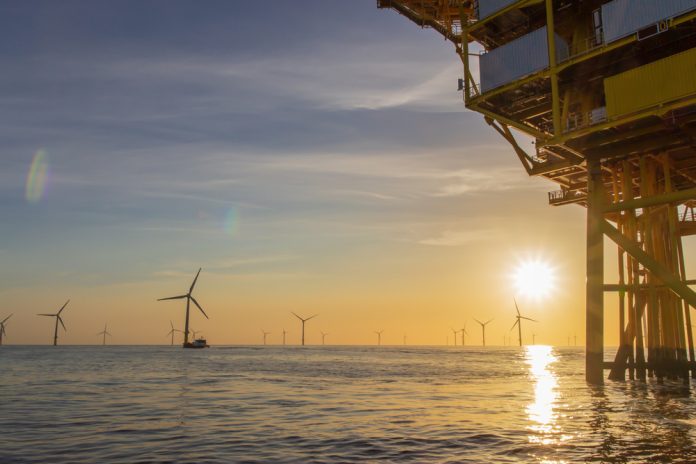The UK Government has launched a consultation that will put the North Sea – its communities, workers, businesses and supply chains – at the heart of Britain’s offshore energy future.
The consultation will support private investment into the technologies that will deliver the next generation of jobs for North Sea workers, invest in local communities, cut carbon emissions and help the UK become energy secure.
The consultation sets out the next steps in the government’s overarching objective for the North Sea to make it a world-leading example of an offshore energy industry, building on the UK’s world-class oil and gas heritage.
Energy Secretary Ed Miliband said: “The North Sea will be at the heart of Britain’s energy future. For decades, its workers, businesses and communities have helped power our country and our world.
“This consultation is about a dialogue with North Sea communities – businesses, trade unions, workers, environmental groups and communities – to develop a plan that enables us to take advantage of the tremendous opportunities of the years ahead.”
Securing long-term certainty for the oil and gas sectors
In addition to maintaining existing oil and gas fields and continuing ongoing domestic production, the government wants to boost the economy through the expansion of clean technologies, protecting the country’s energy security in the process.
To achieve this, the government needs to ensure the oil and gas industry and its workers can take advantage of a clean energy future.
The government is committed to working with industry, communities, trade unions, and wider organisations to develop a plan that will ensure a phased transition for the North Sea, creating tens of thousands more jobs in offshore energy by 2030.
Harnessing the North Sea’s natural assets
Diversifying North Sea industries while domestic production is managed for decades to come is key to protecting its jobs and investment in the long term.
Today’s consultation explores how to harness the North Sea’s existing infrastructure, natural assets and world-leading expertise to deploy new technologies – like hydrogen, carbon capture and storage, and renewables – to create skilled jobs, meet the UK’s climate obligations, and make the UK a clean energy superpower.
It is estimated that the offshore renewables workforce, including offshore wind, CCUS and hydrogen, could increase to between 70,000 and 138,000 in 2030. Meanwhile, an up-and-running carbon capture industry alone is expected to add around £5bn per year of gross value to the UK economy by 2050.
New proposals could also see changes to the role of the North Sea Transition Authority as the regulator of UK oil and gas, offshore hydrogen, and carbon storage industries. This includes ensuring the authority has the regulatory framework it needs to support the government’s vision for the long-term future of the North Sea and enable an orderly and prosperous transition to clean energy.
Further steps to accelerate clean energy
The government has already taken rapid steps in accelerating clean energy industries – with the biggest ever investment in offshore wind and up to £21.7bn in funding over the next 25 years for carbon capture and storage and hydrogen projects.
This comes alongside the launch of Great British Energy, headquartered in Aberdeen, and the creation of a National Wealth Fund, both of which will unlock significant investment in clean power projects across the UK and help create thousands of skilled jobs.
The government has also consulted on revised environmental guidance for offshore oil and gas projects and will respond to give certainty to the industry and enable developers to resume applying for consent for already-licensed projects.
This follows a Supreme Court ruling last year that requires regulators to consider the impact of burning oil and gas – known as scope 3 emissions – in the Environmental Impact Assessment for new projects.









